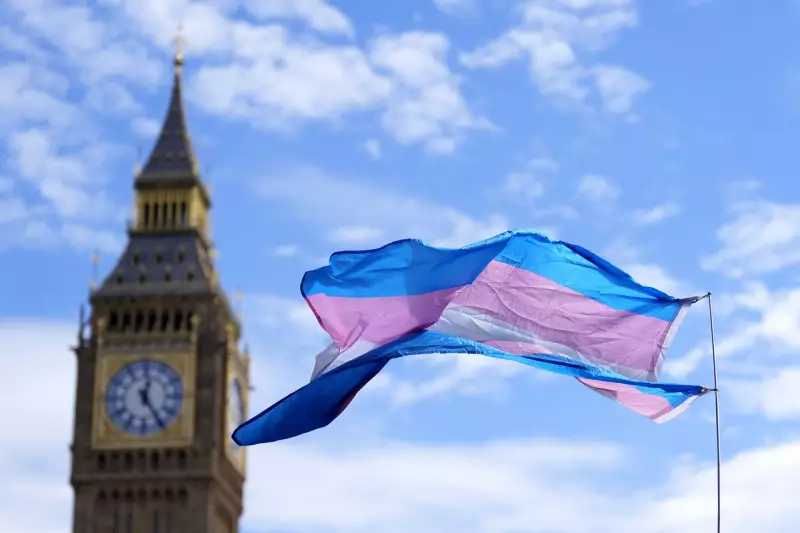
In a decisive ruling that could shape the future of transgender rights in Britain, the Supreme Court has firmly shut down a groundbreaking legal challenge that sought to make it easier for individuals to change their legal gender.
A Watershed Moment for Transgender Rights
The case, brought forward by a mother known only as F to protect her anonymity, argued that her teenage daughter should be permitted to obtain a Gender Recognition Certificate (GRC) without her father's consent. The legal team contended that the current requirement for both parents to approve such applications for minors violated human rights legislation.
However, the UK's highest judicial authority unanimously rejected the appeal, dealing a significant blow to campaigners hoping to reform the Gender Recognition Act 2004.
The Legal Battle Explained
At the heart of the controversy lies the complex intersection of family law and transgender rights. The case emerged from a deeply personal family dispute where the parents held opposing views about their child's gender identity journey.
The court's ruling maintains that:
- Both parents must consent to GRC applications for under-18s
- The current system adequately protects children's welfare
- No human rights violations occur under the existing framework
Broader Implications for Transgender Community
This decision comes amid intense national debate surrounding transgender rights in the UK. The ruling effectively preserves the status quo, requiring transgender youth to navigate what many advocates describe as an unnecessarily bureaucratic and restrictive process.
Legal experts suggest this judgment will likely influence similar cases moving through lower courts and may dampen prospects for legislative reform in the near future.
Reactions and Next Steps
LGBTQ+ rights organizations have expressed profound disappointment, calling the decision "a missed opportunity to modernise Britain's approach to gender recognition." Meanwhile, groups advocating for more cautious approaches to gender transition have welcomed the ruling as protecting parental rights and child welfare.
The Supreme Court's judgment represents the final domestic legal avenue for this particular challenge, though campaigners indicate they may explore international legal options in their continued push for reform.





